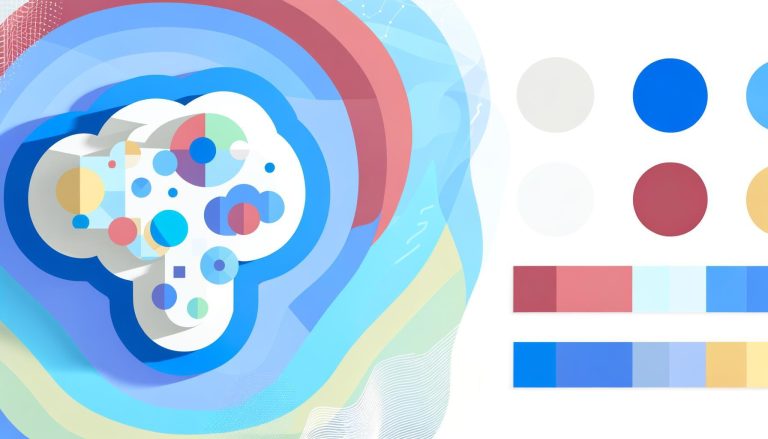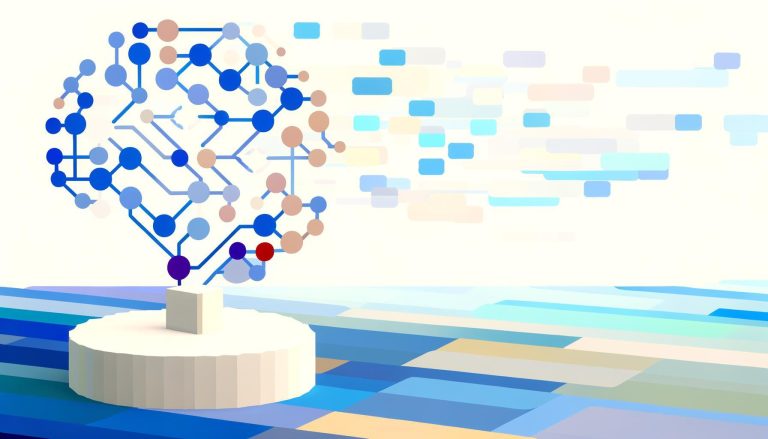Machine learning is rapidly transforming healthcare, offering innovative solutions to predict and manage a variety of conditions. One of the most promising and impactful applications lies in its ability to predict mental health crises before they occur. This article will explore the role of machine learning in predicting mental health crises, discuss its benefits, and provide practical insights on how these technologies are being implemented.
Introduction to Machine Learning and Mental Health
Machine learning, a subset of artificial intelligence, involves training algorithms to recognize patterns in data. In the realm of mental health, this technology holds potential to predict crises such as severe anxiety, depression, or suicidal tendencies. Given the complexity and variability of mental health conditions, traditional methods often fall short in offering timely and accurate predictions. By leveraging the power of machine learning, healthcare providers can improve early detection and intervention, potentially saving lives.
How Machine Learning Predicts Mental Health Crises
Data Collection
The first step in applying machine learning to predict mental health crises involves data collection. Various sources of data are utilized:
- Electronic Health Records (EHRs): Detailed patient histories provide insights into past mental health issues, treatments, and outcomes.
- Wearable Devices: Wearables can monitor physiological data such as heart rate and sleep patterns, which are indicators of mental well-being.
- Social Media Activity: Posts and interactions can sometimes reveal changes in mood or behavior that precede a crisis.
- Patient Questionnaires and Self-Reports: Regular assessments can highlight changes in mental health status.
Algorithm Training
Once the data is collected, machine learning algorithms are trained to recognize patterns associated with mental health crises. There are various types of algorithms that can be employed:
- Supervised Learning: Algorithms are trained on labeled datasets where the outcomes (such as a mental health crisis) are known.
- Unsupervised Learning: Algorithms find hidden patterns or intrinsic structures in the data without pre-labeled outcomes.
- Reinforcement Learning: Algorithms learn to make predictions or take actions by receiving feedback on the outcomes of their actions.
Prediction and Real-Time Monitoring
Once trained, these algorithms can be deployed to predict mental health crises in real-time. For instance:
- Predictive Analytics: By continuously analyzing incoming data, the system can alert healthcare providers to potential crises.
- Personalized Alerts: Algorithms can identify individual risk factors, providing tailored alerts to patients and their caregivers.
Benefits of Machine Learning in Predicting Mental Health Crises
Early Detection
One of the key benefits of using machine learning in mental health is the early detection of potential crises. By identifying patterns and warning signs earlier than traditional methods, interventions can be made before the situation escalates.
Personalized Treatment Plans
Machine learning algorithms can help create highly personalized treatment plans based on individual data. This ensures that patients receive the most effective care tailored to their unique needs.
Reducing the Burden on Healthcare Systems
By predicting mental health crises before they happen, machine learning can help reduce the burden on healthcare systems. Early interventions can potentially decrease the need for emergency services and hospitalizations, freeing up resources for other critical needs.
Challenges and Ethical Considerations
Data Privacy
One of the main challenges in leveraging machine learning for mental health prediction is ensuring data privacy. It’s crucial to handle sensitive information securely to maintain patient trust and comply with legal regulations.
Algorithm Bias
Machine learning models can sometimes inherit biases present in their training data, leading to biased predictions. Constant monitoring and updating of algorithms are essential to mitigate this risk.
Accuracy and Reliability
While machine learning algorithms offer tremendous potential, their predictions are not infallible. Continuous validation and improvement of these models are necessary to ensure their accuracy and reliability.
Balancing Technology with Human Touch
While machine learning can significantly enhance mental health care, it is essential to balance this with human interaction. Technology should complement, not replace, the empathetic and relational aspects of mental health support.
Practical Implementation Tips
The successful integration of machine learning in predicting mental health crises requires careful planning and execution. Here are some practical tips:
Multidisciplinary Collaboration
Involve experts from various fields such as psychology, data science, and healthcare to create a robust and effective system.
Patient-Centric Approach
Ensure that the technology aligns with the needs and preferences of patients. Engage them in the development process to create solutions that are user-friendly and beneficial.
Continuous Monitoring and Feedback
Regularly monitor the performance of machine learning models and seek feedback from healthcare providers and patients to make necessary adjustments.
Ethical and Legal Compliance
Adhere to ethical guidelines and legal regulations to maintain the integrity and trustworthiness of the system.
Conclusion
Machine learning holds immense potential in predicting mental health crises, offering timely and personalized interventions that can significantly improve patient outcomes. Despite the challenges and ethical considerations, the benefits of early detection, personalized treatment plans, and reduced healthcare burden make it a promising avenue in mental health care. By fostering a collaborative, patient-centric approach, we can harness the power of machine learning to create a more proactive and responsive mental health care system.
For those looking to further engage with their mental health and wellbeing, utilizing tools like the Zenora App can help track moods and habits, providing valuable insights for both users and healthcare providers. Through features such as journal entries, goal tracking, and comprehensive statistics, the Zenora App can be a supportive companion in monitoring and improving mental health.





